The Ecotoxicology, Stress Ecology and Environmental Health Team (ECOTOX) research focus mainly on the assessment of the effects of environmental stressors (pollution, bioinvasions and alterations due to global climate changes) on marine and freshwater ecosystems (organisms, populations, communities, and ecological functions), their risks to environmental and human health and wellbeing, and to services that these ecosystems provide to the human society.
The study of emerging environmental contaminants of priority interest (e.g. microplastics, nanomaterials, pharmaceuticals), alterations due to climate changes (e.g. salinity, temperature variations), exotic invasive species, and their combined effects have been deserving specially attention. We also develop technology to assess, manage and mitigate the risks of these stressors, knowledge and technology transfer to end-users (industry/services sectors, environmental Authorities and policy makers), provide initiation and advanced training of human resources, carry out actions to translate Science to Society, and provide services to different economic sectors.
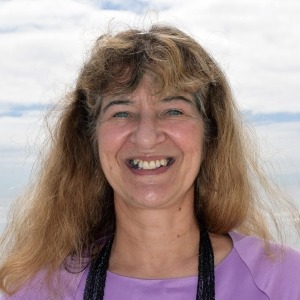

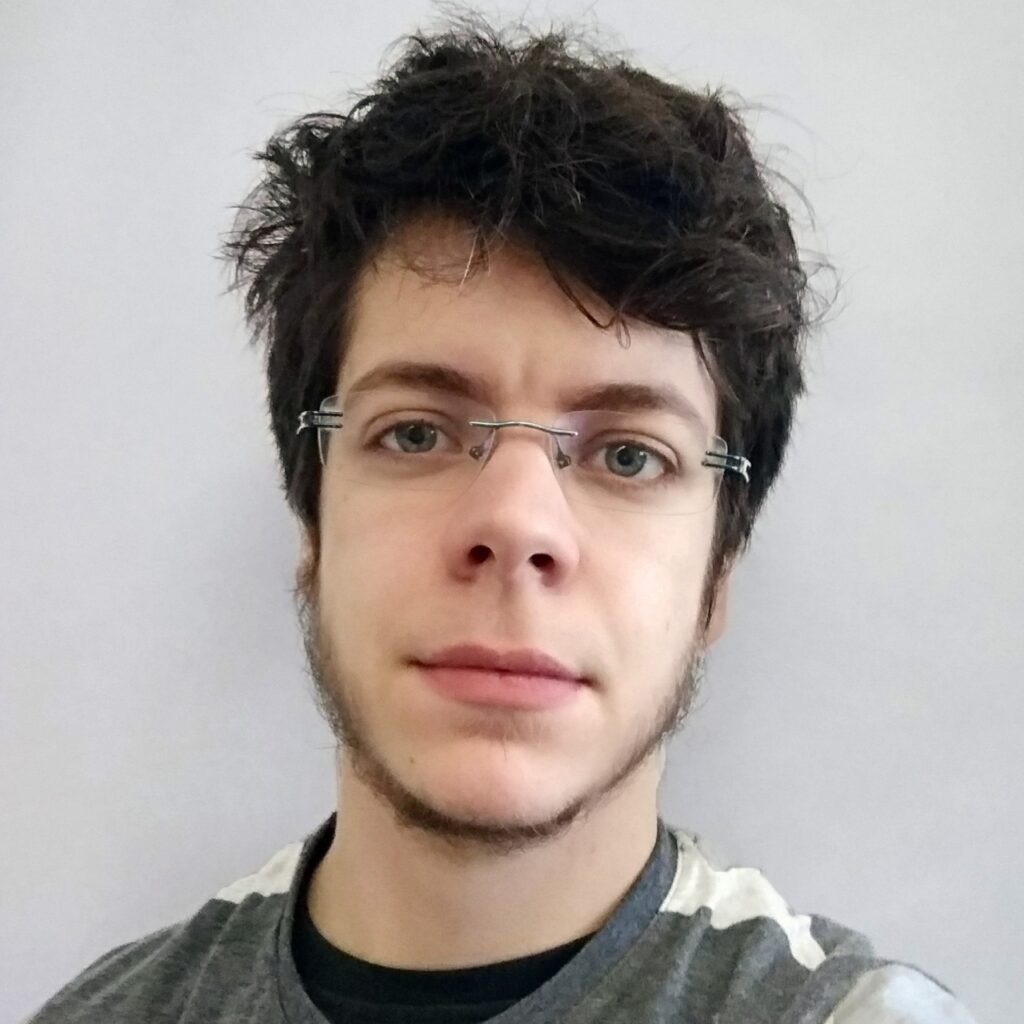

Alexandre Pacheco obtained a Masters degree in Bioengineering, specializing in Molecular Biotechnology, from the Faculty of Engineering of University of Porto, in 2016. He is currently a post-graduate researcher at CIIMAR. His work focuses on the study of the role of emerging contaminants on freshwater ecosystems.
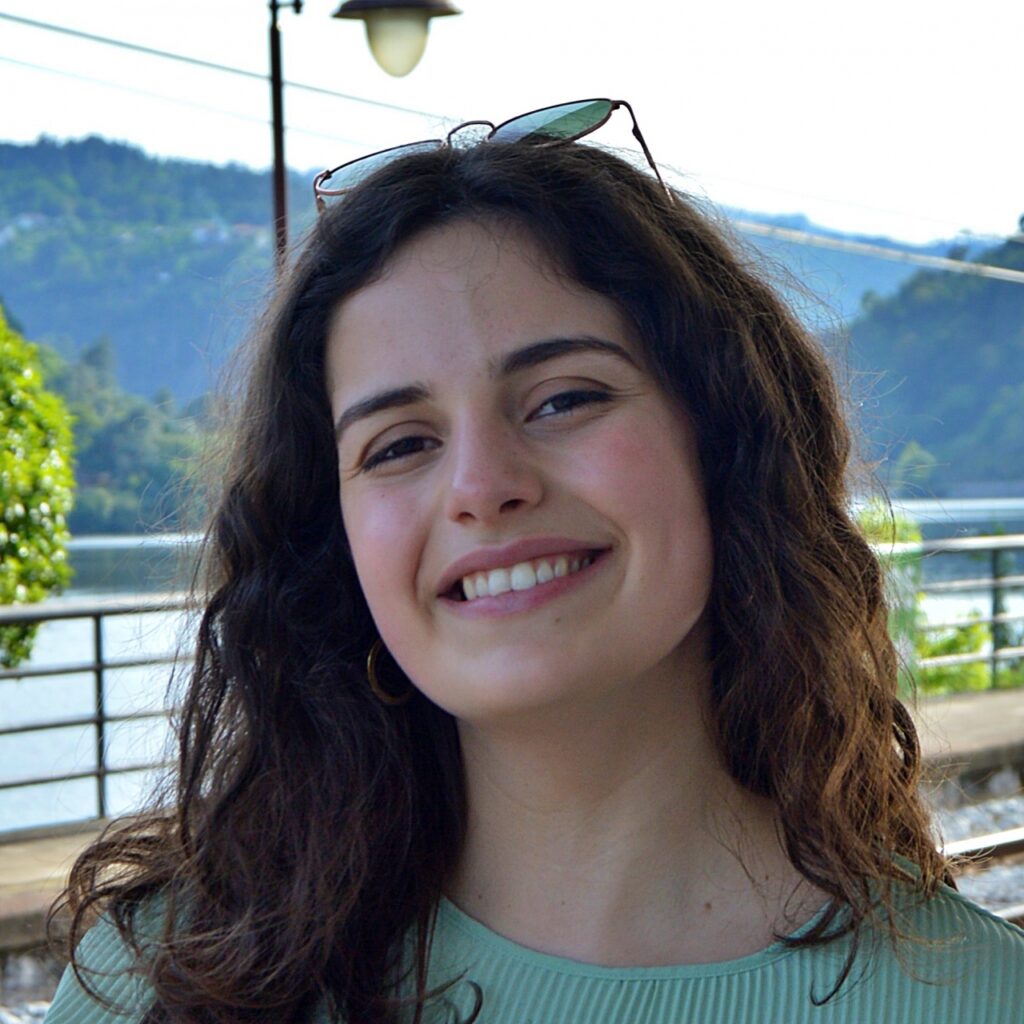

Ana has a degree in Biochemistry from University of Trás-Os-Montes e Alto Douro, since 2019. Currently developing her master’s dissertation in Toxicology and Environmental Contamination from the Institute of Biomedical Sciences Abel Salazar and Faculty of Sciences of the University of Porto, about microplastics contamination in populations of wild marine organisms.
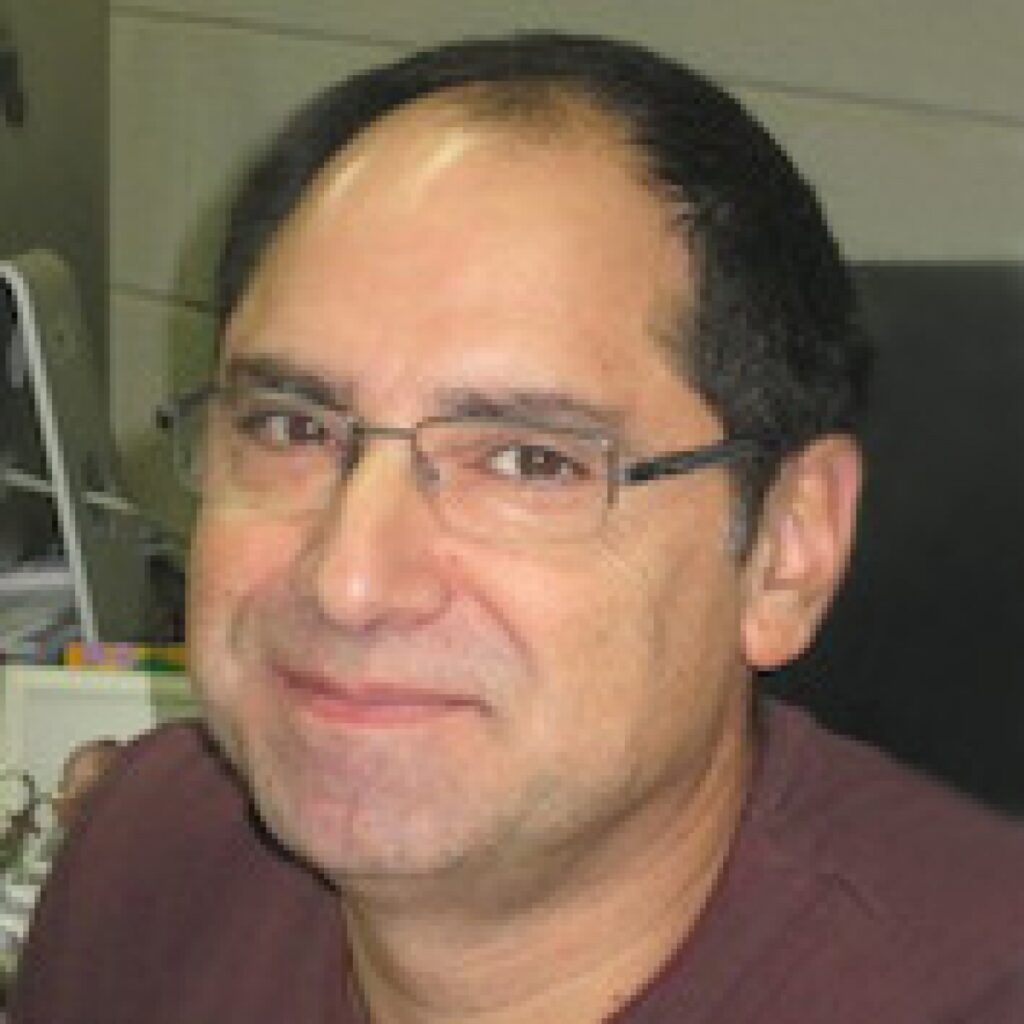

José Júlio Martins holds a PhD in Animal Science/Crustacean Reproductive Endocrinology at the University of Trás-os-Montes e Alto Douro (Portugal). He is Auxiliary Professor at the Agrarian Science and Veterinary Medicine School of the University of Trás-os-Montes e Alto Douro.
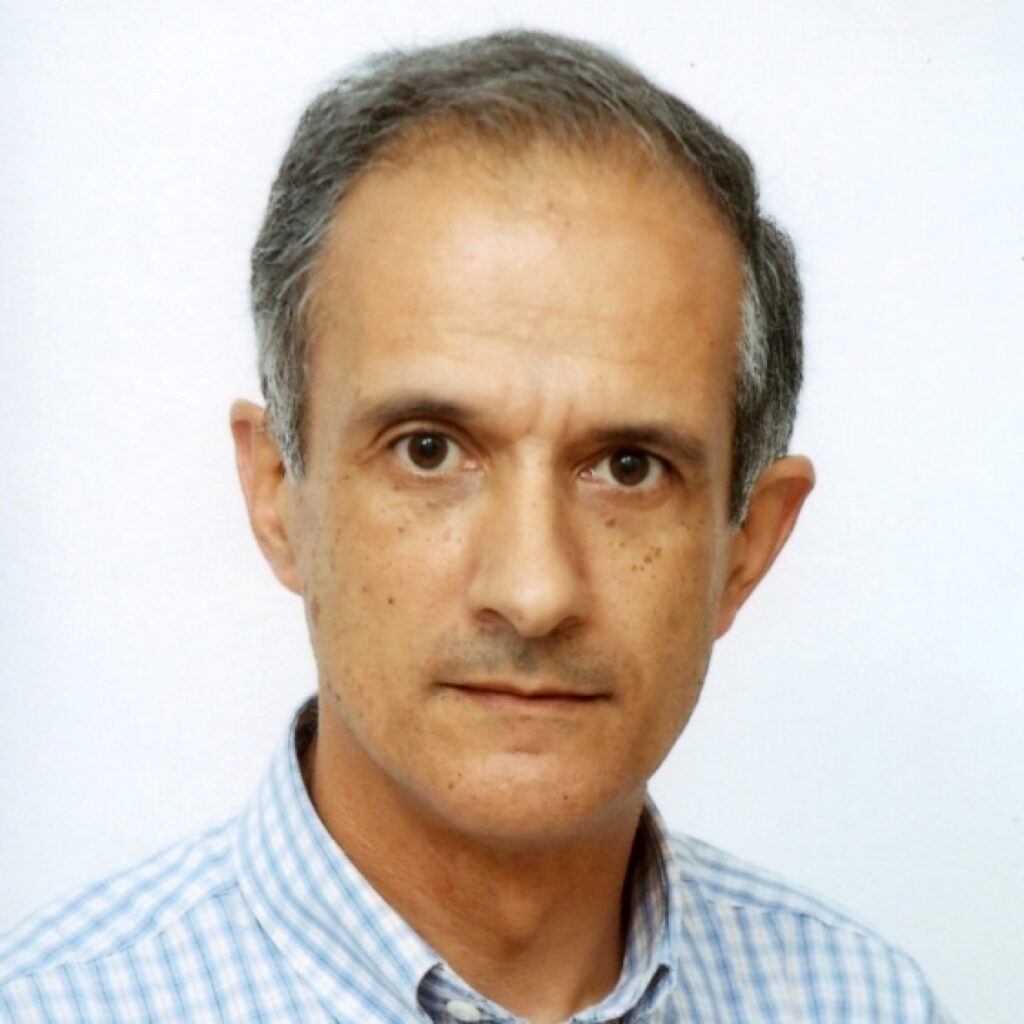

José Manuel Almeida is an adjunct professor at Veterinary and Agrarian Sciences School of the University of Tras-os-Montes e Alto Douro. He received his degree in Veterinary Medicine in 1989 the Technical Lisbon University and his PhD in 2002 in Veterinary Sciences from University of Trás-os-Montes e Alto Douro. His research interests focus on aquatic and agroecosystems ecotoxicology.
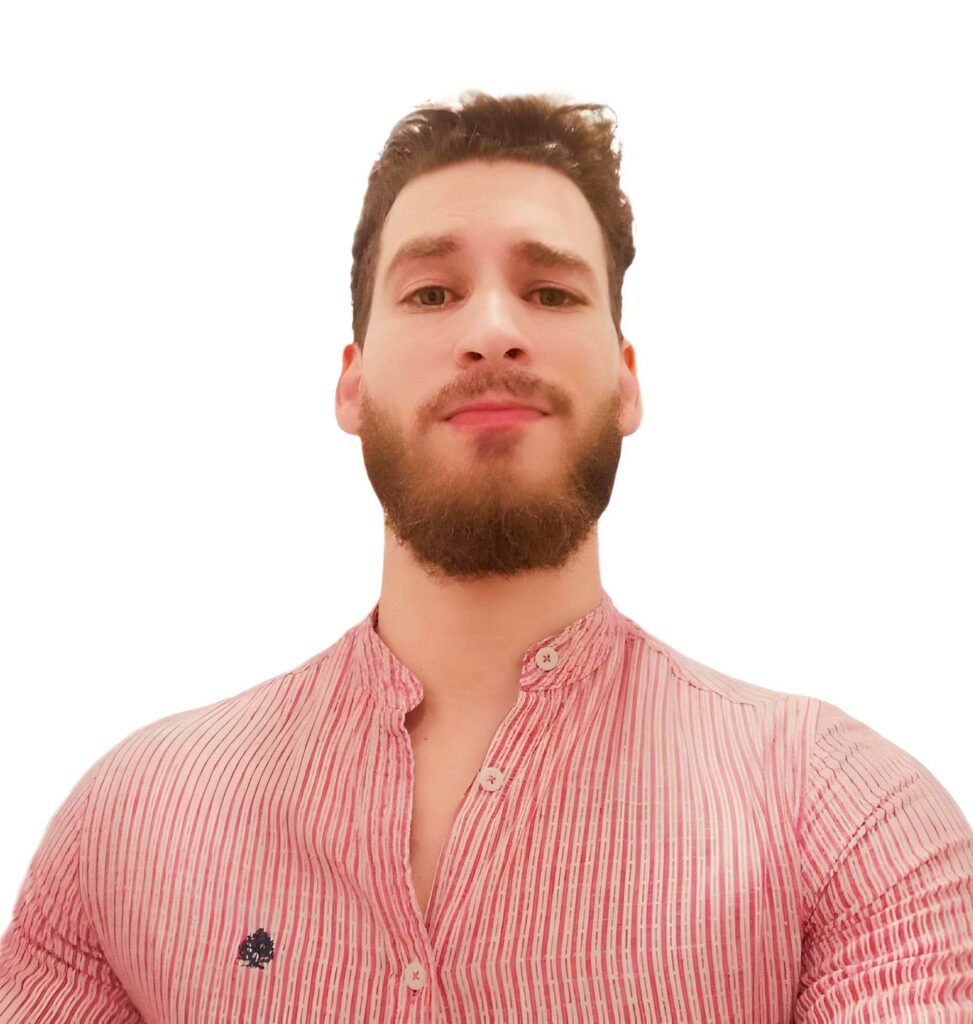

L. Gabriel Barboza is an environmental scientist and ecotoxicologist by training. He obtained a BSc degree in Environmental Management (UTFPR-Brazil), a Master’s degree in Environmental Sciences (UEM-Brazil), and received his PhD in Biomedical Sciences from the School of Medicine and Biomedical Sciences (ICBAS, University of Porto) in 2019. He is currently Junior Researcher at CIIMAR under the FCT-CEEC contract and also invited Assistant Professor at ICBAS-UP. He is also member of the FAO expert group on microplastics in food. His current research interests focus on the implications of microplastics and other emerging contaminants within the One Health approach.
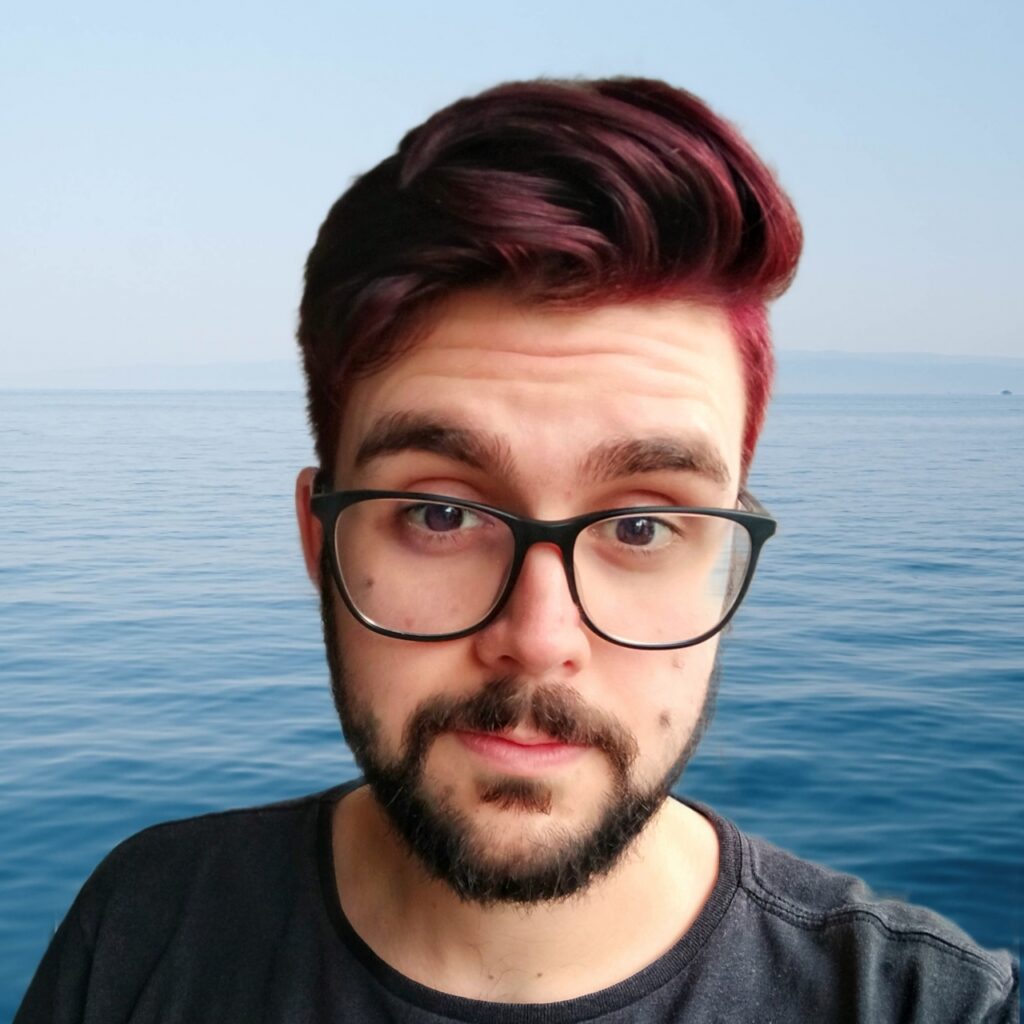

Graduated in Environmental Sciences and Technology at the Faculty of Sciences of the University of Porto and I’m currently a student of the Master’s Degree in Marine Sciences – Marine Resources, more specifically in the Marine Biology and Ecology specialization at the Institute of Biomedical Sciences Abel Salazar, University of Porto. I was included in the Research Team of Ecotoxicology, Stress Ecology and Environmental Health of CIIMAR, my research focusing on the contamination of mussels (Mytillus galloprovincialis) from the NW Portuguese coast by plastics and microplastics and its biological effects.
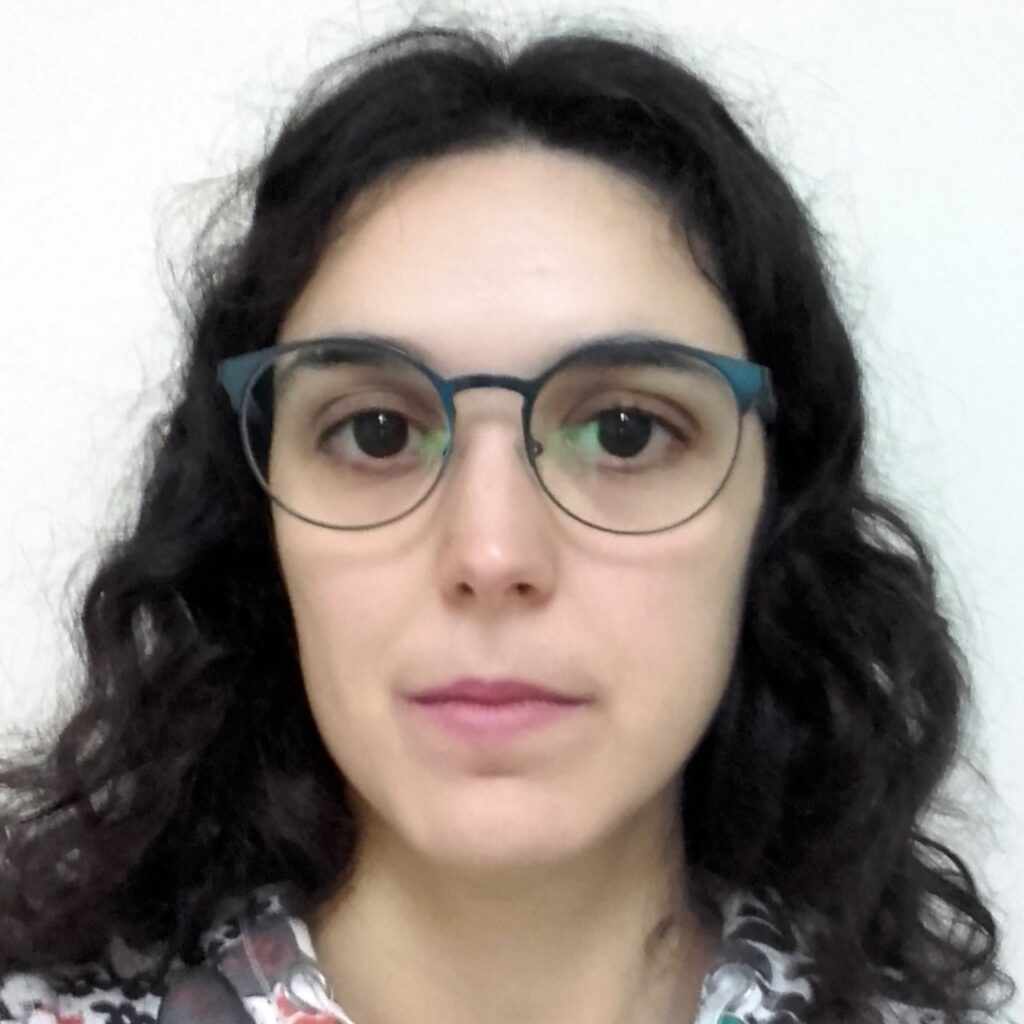

Masters in Occupational Health, University of Coimbra. Medical specialty in Occupational Medicine, Centro Hospitalar do Porto. Member of International Commission Occupational Health, ICOH. Researcher at the Fundação para a Ciencia e a Tecnologia – FCT, Portugal.
Collaborating Researcher at the E-COST IS 1409: “Gender and health impacts of policies extending working life in Western countries”, EU.
Collaborator of CAPS Centre d'Anàlisis i Programes Sanitàris – Barcelona, and co-founder of CAIPS: Association which study about environmental changes, health, women’s health, occupational health.

Patrícia Oliveira is graduated in Applied Biology by the University of Minho and obtained in 2009 a MSc degree by the Institute of Biomedical Sciences Abel Salazar (University of Porto). She is currently a PhD researcher at CIIMAR and her main research interest focus is the effect of environmental contamination on exotic invasive species.
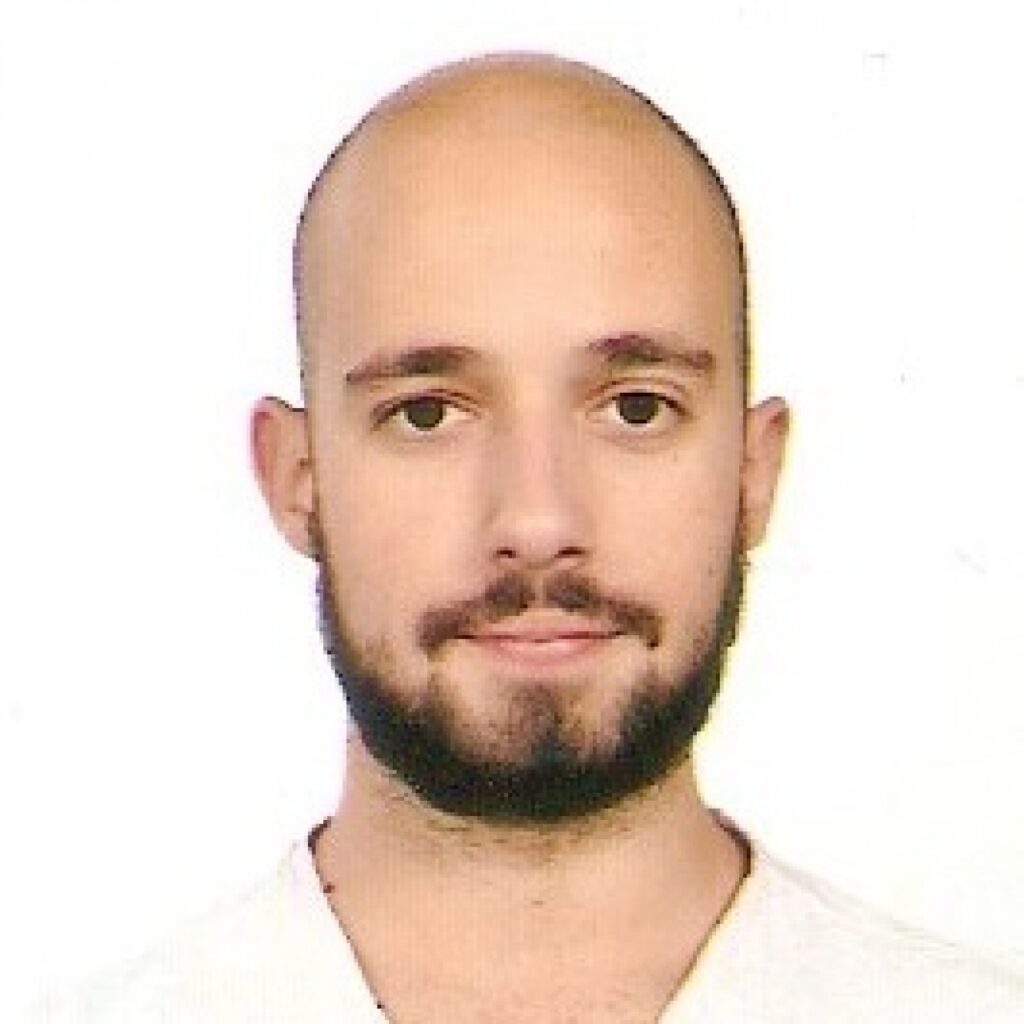

Pedro Costa graduated in Applied Biology, from the University of Minho, in 2018, is currently in the second year of the master degree in Toxicology and Environmental Contamination at Abel Salazar Institute of Biomedical Sciences. His master's thesis aimed to assess possible chronical consequences of the use of pesticide formulations on earthworms (Eisenia fetida).
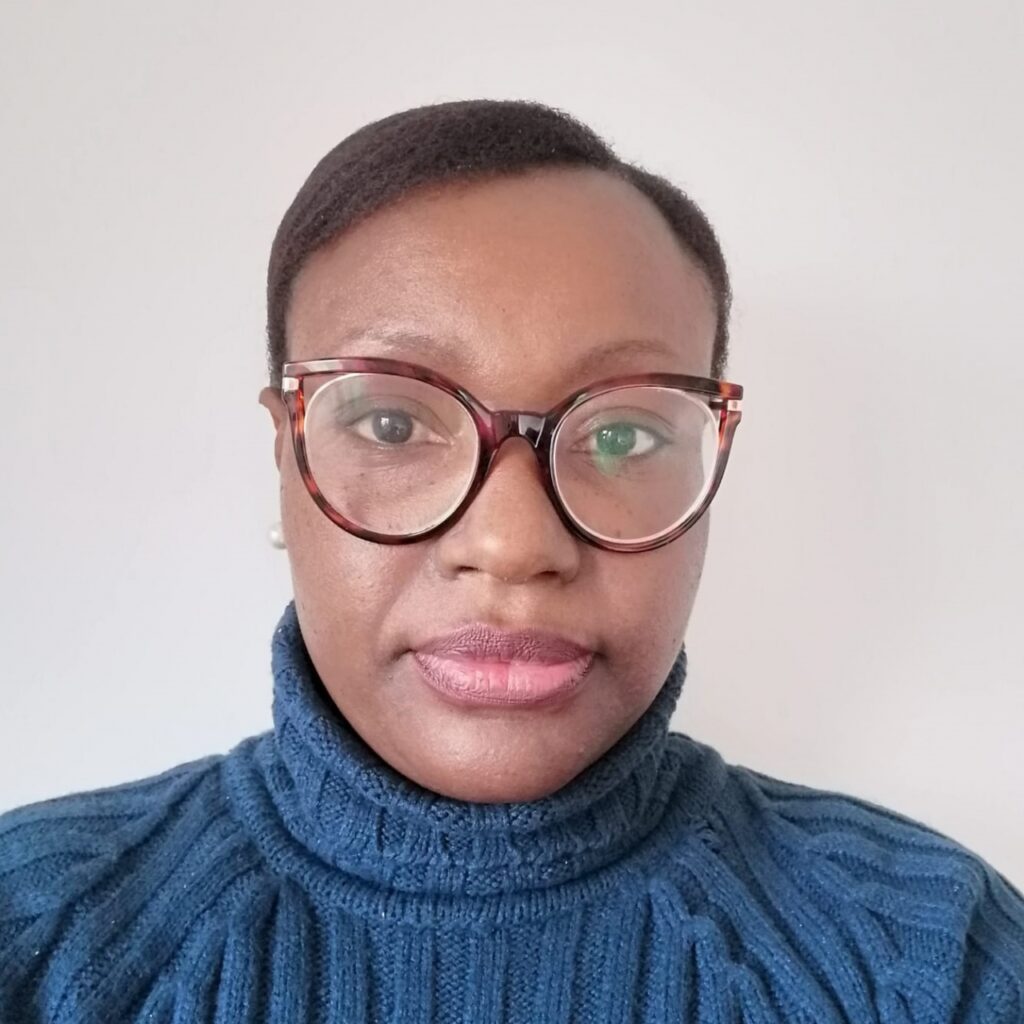

Valentina Manuel, I have a degree in Marine Biology and Fisheries, a Masters in Food Innovation and a specialization in Safety and Industrial Risks Management. I am currently doing my PhD in Environmental Contamination and Toxicology, no ICBAS – Universidade do Porto about microplastic contamination and effects in wild marine animals.
Barboza, L.G.A., Cunha, S.C., Monteiro, C., Fernandes, J.O., Guilhermino, L.
2020Journal of Hazardous Materials 393, 122419.Barboza, L.G.A., Lopes, C., Oliveira, P., Bessa, F., Otero, V., Henriques, B., Raimundo, J., Caetano, M., Vale, C., Guilhermino, L.
2020Science of Total Environment 717, 34625.Miranda, T.; Vieira, L.R.; Guilhermino, L.
2019International Journal of Environmental Research and Public Health 16, 2857, 1-24.Pacheco, A.; Martins, A.; Guilhermino, L.
2018Science of the Total Environment 628-629: 474-483.Prata, J.C.; Lavorante, B.R.B.O.; Montenegro, M.C.B.S.M.; Guilhermino, L.
2018Aquatic Toxicology 197: 143-152.Website by: Glitz Design